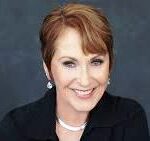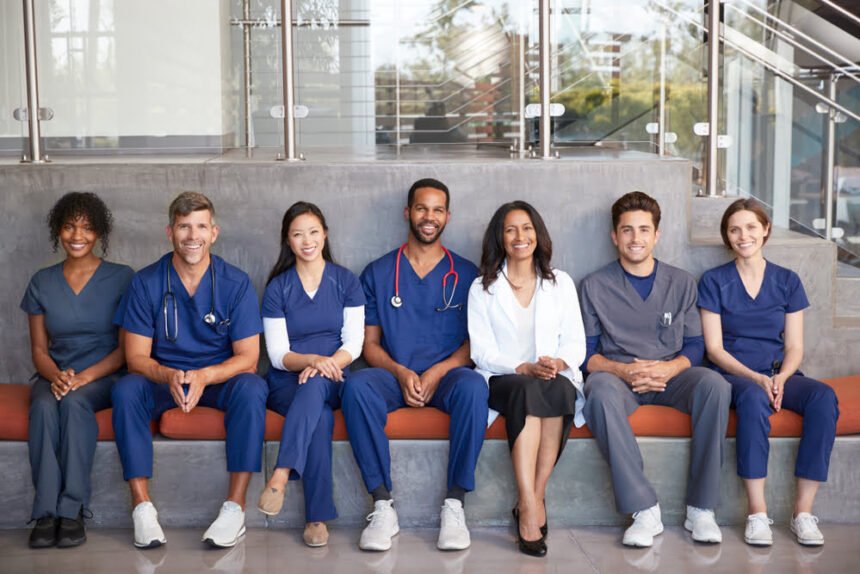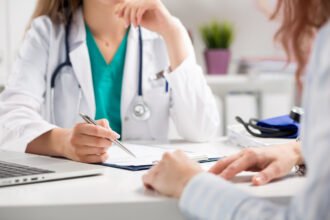Have you considered pursuing a career in healthcare? There are a lot of compelling reasons to do so.
The medical field is an exciting industry. Almost 18 million people work in healthcare and it is the fastest growing sector in the United States. It also has a lot of great opportunities However, it is also one of the most exacting fields of study, requiring utmost care, accuracy, and expertise. To ensure that all medical professionals are equipped with the proper knowledge and training, stringent protocols in learning are often implemented.
In its drive to promote a robust educational system for medical graduates, Residents Medical Group reiterates the need for a solid foundation via clinical medical experience for medical residents.
The medical field is constantly evolving, so adapting to the latest approaches, strategies, and technologies is necessary for effective, safe, and efficient healing.
Dr. Michael Everest, who heads Residents Medical Group, believes that the best way for the medical industry to improve further is to ensure that medical professionals receive the training and support they need.
How Clinical Medical Experience Makes a Difference
Clinical medical experience allows medical graduates to experience the processes and procedures involved in the care and treatment of patients in a real-world setting.
Experience in a clinic is a means to expose the student to the intricacies of providing medical care and offering support to patients. Medical graduates gain valuable knowledge and experience they would otherwise not receive in a classroom setting alone by actively interacting with patients.
Although classroom learning provides plenty of opportunities for students to understand their job as healers better, it simply does not offer the same experience they could have in a clinical setting.
Obtaining Insight Through Practice and Interaction
Becoming a physician is not just about finding the disease and providing a cure. Healing is a complex process that every future physician must know how to adapt. After all, every patient is a unique individual, regardless of the similarity of health condition/s they may have.
Actual practice and exposure through interaction with patients provide medical students with the best opportunity to improve their skills further.
Clinical medical exposure requires a hands-on approach that allows students to apply what they have learned. By doing so, they can communicate with their patients, see the health issue from their patients’ eyes, and gain a fresh perspective on the problem.
Work With Fellow Medical Students and Professionals
The clinical medical experience opens doors to medical students by giving them the chance to work with other students.
On top of that, they also enjoy the opportunity to meet with, learn from, and interact with medical professionals whose experience in the field can be a valuable resource for real-world practice.
Medical students can participate in initiatives to provide patients with quality care and support. They can also collaborate with medical professionals in the field of study and other fields.
A medical student can work with other medical professionals in various practices with just one patient. A patient with a heart condition, for example, may require care from a nutritionist, pharmacist, or neurologist, depending on the patient’s needs.
Clinical medical experience can also allow medical students to participate in team initiatives wherein they can observe learned behaviors and apply them to actual scenarios.
Expanding Skills and Knowledge During Practice
The core of all medical studies is achieving an accurate and proper understanding of specific health conditions and diseases to identify and determine the correct treatment and care.
Although this can be achieved through theory, through classroom learning, Residents Medical Group believes that it can be augmented and improved through actual exposure. This type of experience equips the future physician with the right tools to become an effective healthcare practitioner.
Active Engagement in the Care of Patients
When students complete their medical studies, they will be interacting on a more personal basis with their patients, often face-to-face. Clinical medical exposure allows them to experience this.
As a result, medical students become more comfortable with the interaction, learn how to deal with different types of personalities, and manage issues on a day-to-day basis.
Medical doctors often meet people on the worst days of their lives, and for many patients, it is not easy to discuss their health with someone who is virtually a stranger to them. By undergoing medical clinical exposure, students become more adept at interacting with people and learn the nuances of using the best approaches to ensure proper handling of patients before, during, and after treatment.
Improve Patient Care
For Residents Medical Group, nothing makes a medical professional more fulfilled than knowing that they were able to provide the best care possible to their patient.
Clinical medical experience presents a learning opportunity that will lead to better patient care when combined with the best medical training. Future doctors who are provided with better learning opportunities become better trained and more knowledgeable in their fields.
As a result, they become highly competent medical professionals who can confidently provide patients with the care they need and deserve.
Residents Medical Group
Residents Medical Group is an organization whose goal is to match medical graduates with the best residency programs in the country. It prides itself on maintaining a more than 99% placement success rate.
The group is headed by its president, Dr. Michael Everest, whose father, Dr. Edwin Everest, founded the Residents Medical Group.
Under Dr. Michael Everest’s helm, Residents Medical has continued the vision of the late Dr. Edwin Everest to provide the best opportunities for medical students to learn and improve in their chosen fields.
Dr. Michael Everest is married to the CEO of The Everest Foundation, Agata Everest. Together, these organizations seek to improve the health industry by providing medical students with the right opportunities to learn and practice their profession.
With the consistent support of Agata Everest, Dr. Michael Everest can continue to focus and group Residents Medical Group.
Residents Medical Group’s staff are members of the American Medical Association, the Accreditation Council for Graduate Medical Education, and the Graduate Medical Education Consultants, Inc.



